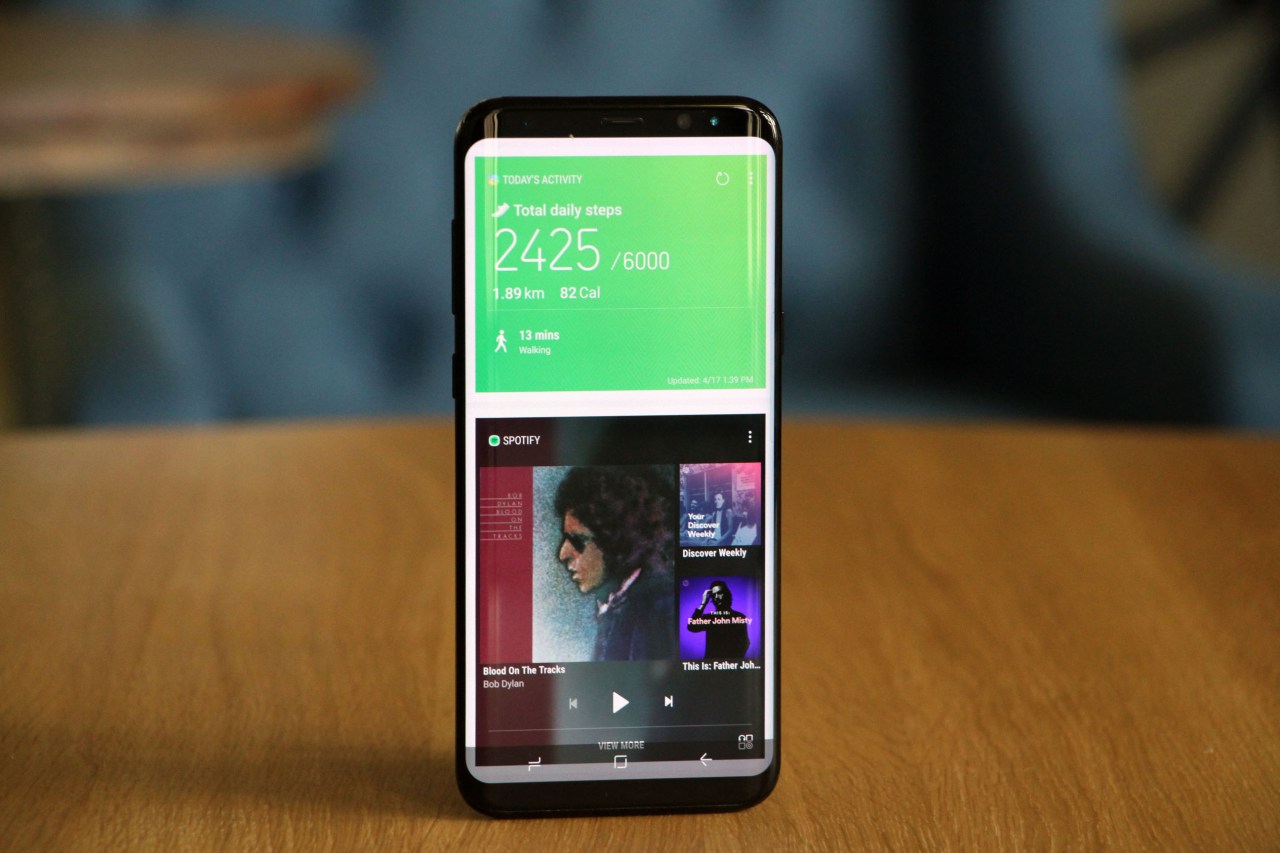In recent years, the tech industry has observed an influx of smart assistants vying for supremacy in our everyday devices. Much like the competitive landscape of Android skins in its formative years, today’s market is flooded with various smart assistants, each aiming to capture consumer interest and loyalty. However, the question remains: are these offerings genuinely valuable, or are they merely distractions reminiscent of a bygone era?
A Historical Perspective
To fully grasp the current state of smart assistants, it’s essential to revisit the early days of Android. Manufacturers created custom skins with unique designs and exclusive apps, often at the expense of user experience. Over time, many of these skins were regarded as clunky, leading to a gradual shift towards a more streamlined user experience focused on functionality over aesthetics. Today, we see a similar pattern emerging in the smart assistant space as companies compete for dominance, many of which risk delivering subpar experiences.
Understanding the Current Landscape
The battle for smart assistant supremacy predominantly revolves around technology giants such as Google and Amazon. Each year, devices equipped with Google Assistant and Alexa dominate the market, but we’re witnessing a growing trend as manufacturers scramble to develop their unique offerings. Take, for example, the HTC U11: a device lauded for its impressive hardware yet home to three smart assistants—Google Assistant, Alexa, and HTC’s own Sense Companion. The inclusion of multiple assistants seems like a forward-thinking approach, yet it subtly hints at a fragmented experience reminiscent of those clunky Android skins.
Over-Promising and Under-Delivering
Companies like HTC and Samsung are stumbling at the crossroads of developing differentiated smart assistant experiences while being able to keep up with the sheer sophistication of the current market leaders. The Sense Companion, for example, received moderate attention at launch yet has had little impact on the experience due to its limited functionality. Bixby, Samsung’s attempt at capturing the smart assistant market, still leaves much to be desired. If a manufacturer cannot provide a coherent and functional solution, they risk alienating potential users who have little incentive to revisit their offerings later.
The New Frontier: Beyond Notifications
Smart assistants promise much more than simply aggregating notifications; they serve as gateways to expansive ecosystems that encompass smart homes, interconnected devices, and enhanced user experiences. Manufacturers recognize the growing importance of these technologies, which explains Huawei’s venture into the smart assistant realm. However, merely venturing into the arena does not guarantee success. Success requires extensive investment in research and development focusing on machine learning, AI, and language recognition. Abandoning the investment in these core areas will ultimately lead to the same stale experience consumers have come to expect from poorly executed Android skins.
Striving for a Unified Experience
The goal should not be to offer users multiple smart assistants that contribute to an incompatible experience. Rather, these platforms should evolve into comprehensive systems that enhance the entire device experience. As technology advances, consumers are increasingly seeking seamless integration across devices and ecosystems. When smart assistants can reliably achieve this, they will fulfill their promise of elevating user engagement and utility. Otherwise, they may remain an afterthought, relegated to the sidelines like their Android skin counterparts.
Conclusion: Embracing the Challenge
The future of smart assistants lies in adopting lessons from the past. Manufacturers must prioritize functionality and seamless integration over simply competing for attention. Companies that invest in creating robust, user-friendly smart assistants, capable of enhancing the device ecosystem, are more likely to thrive in this increasingly crowded space. At **[fxis.ai](https://fxis.ai)**, we believe that such advancements are crucial for the future of AI, as they enable more comprehensive and effective solutions. Our team is continually exploring new methodologies to push the envelope in artificial intelligence, ensuring that our clients benefit from the latest technological innovations.
For more insights, updates, or to collaborate on AI development projects, stay connected with **[fxis.ai](https://fxis.ai)**.

